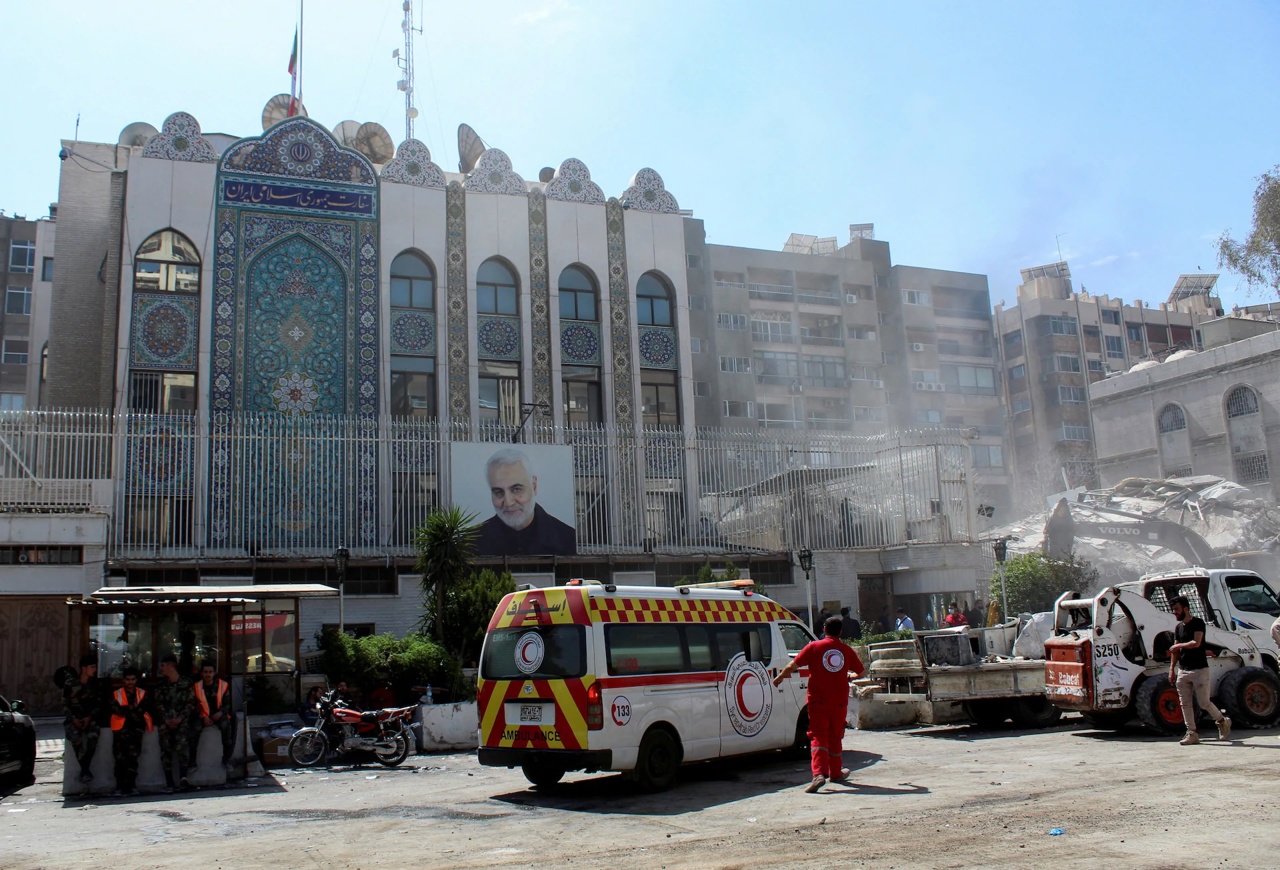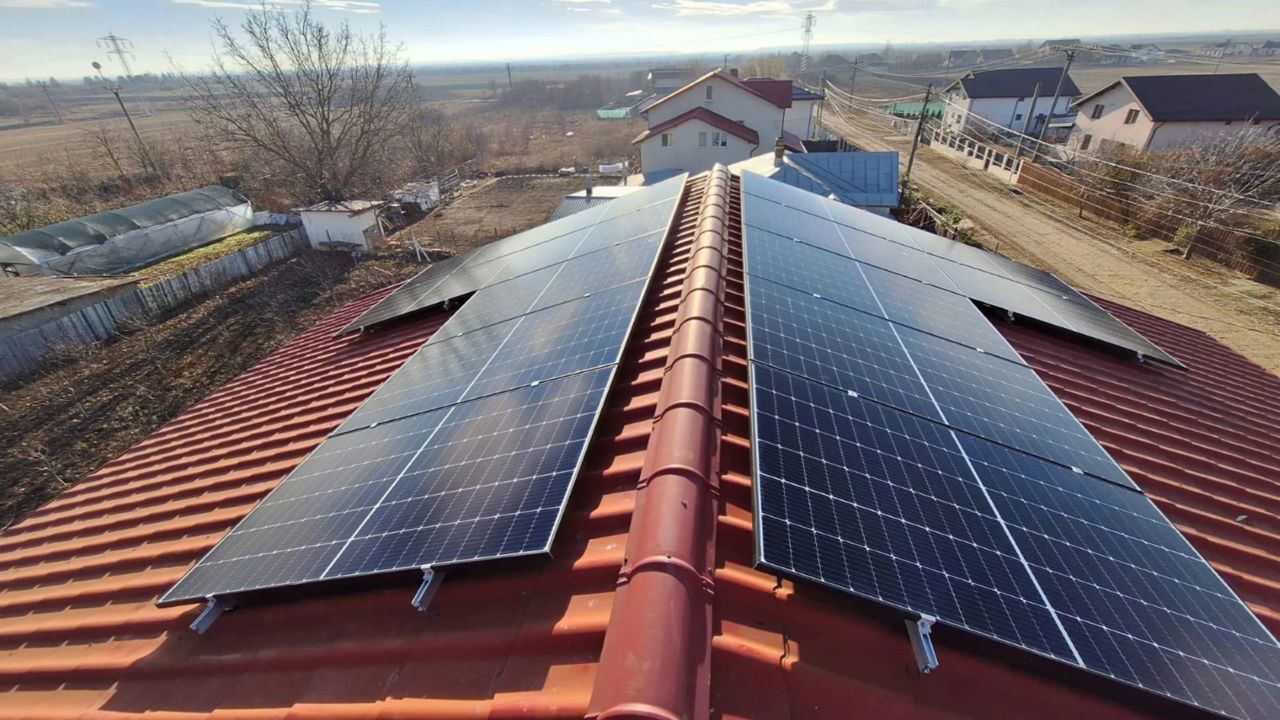Israel on Alert: Preparing for Potential Iranian Retaliation
Israel made preparations on Friday in anticipation of a potential attack originating from Iran or its proxies, amidst escalating warnings of retaliation following the killing of a senior Iranian embassy officer in Damascus last week.

Several nations, including India, France, Poland, and Russia, have cautioned their citizens against travelling to the region, already under strain due to the ongoing seven-month Gaza conflict, as reported by Reuters.
John Kirby, the spokesperson for the White House National Security Council, underscored the seriousness of the Iranian threat, describing it as both real and credible.
While the Israeli military affirmed that no new directives had been issued to civilians, it urged the populace to remain vigilant. Chief Military Spokesperson Daniel Hagari stated in a televised address that the army had conducted a comprehensive assessment and endorsed plans to address various scenarios in light of reports and statements concerning a potential Iranian assault.
Israel has refrained from claiming responsibility for the April 1 airstrike that resulted in the death of Brigadier General Mohammad Reza Zahedi, a senior figure in the Iranian Revolutionary Guards Corps' Quds Force, alongside six other officers during a meeting at the embassy premises in Damascus.
In response, Iran's Supreme Leader, Ayatollah Ali Khamenei, insisted that Israel "must be punished and will be" for what he deemed tantamount to an attack on Iranian soil.
Analysts, including Raz Zimmt from the Institute for National Security Studies in Israel, anticipate that Iran will likely retaliate, albeit reluctantly, given the perceived necessity to respond to the attack on its embassy personnel.
Israeli Defense Minister Yoav Gallant and Chief of Staff General Herzi Halevi convened with US Central Command chief General Michael Kurilla on Friday to coordinate a potential response to the escalating tensions.
Sources within Iran and US diplomatic circles, traditionally allied with Israel, suggest that Tehran has communicated its desire to avoid further escalation and is committed to exercising restraint. However, there remains a risk of unintended consequences.
Considering Iran's interpretation of the embassy attack as an assault on its own territory, analysts speculate that a direct Iranian strike on Israeli soil, rather than through proxies like Hezbollah in Lebanon, is a distinct possibility.
Israel has bolstered its air defences in recent weeks, intercepting numerous rockets launched by Hamas from Gaza and Hezbollah from Lebanon. In anticipation of potential escalation along its northern border, Israel has mobilised reservists.
Late on Friday, Israeli forces reported approximately 40 rocket launches from Lebanon into Israel, most of which were intercepted, with the remainder landing in uninhabited areas without causing casualties.
Israeli authorities have withdrawn the majority of troops and armoured vehicles from Gaza, a move reportedly made in preparation for an imminent offensive in Rafah. The city is believed to harbour thousands of Hamas fighters alongside over a million Palestinians displaced from other parts of the Gaza Strip.
Translation by Iurie Tataru






